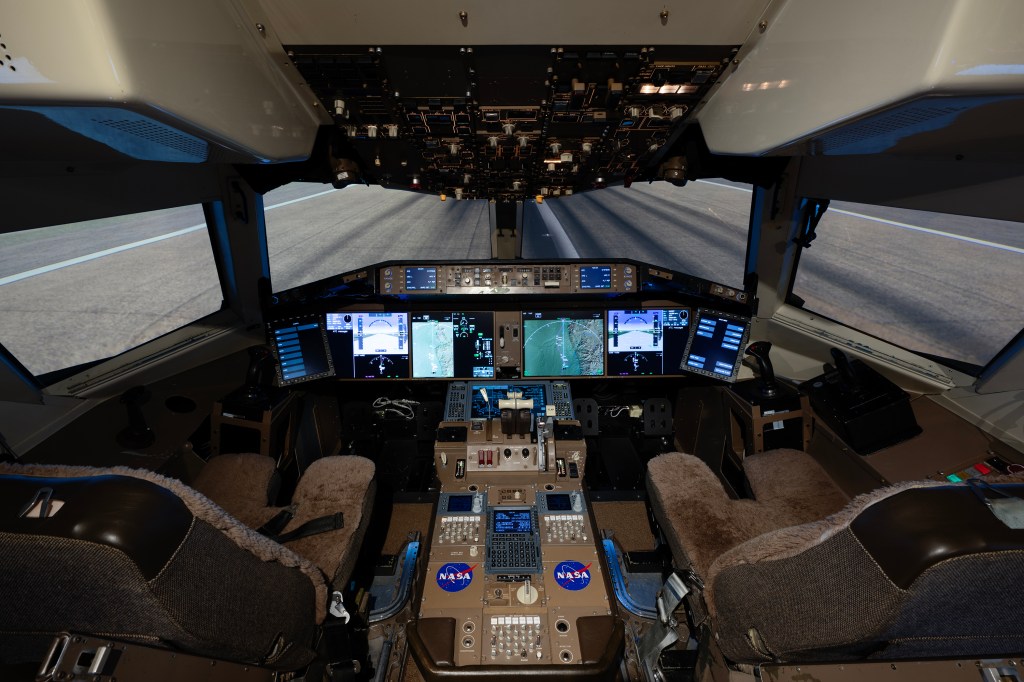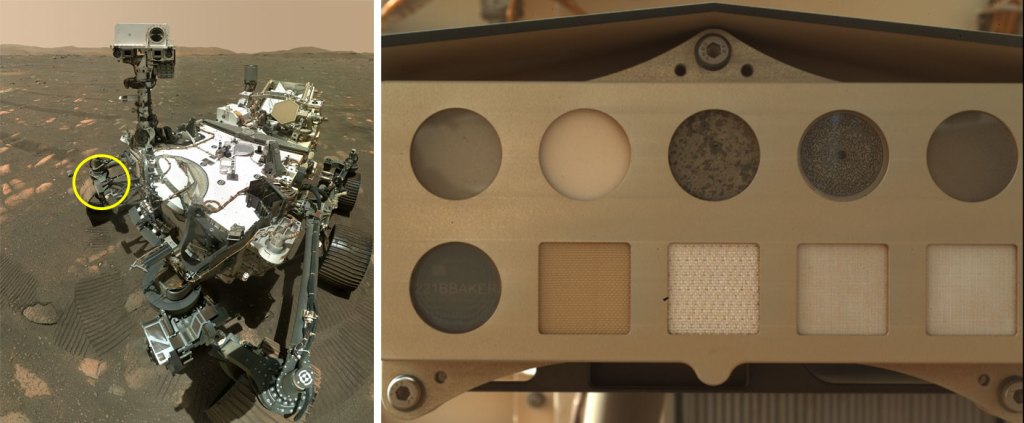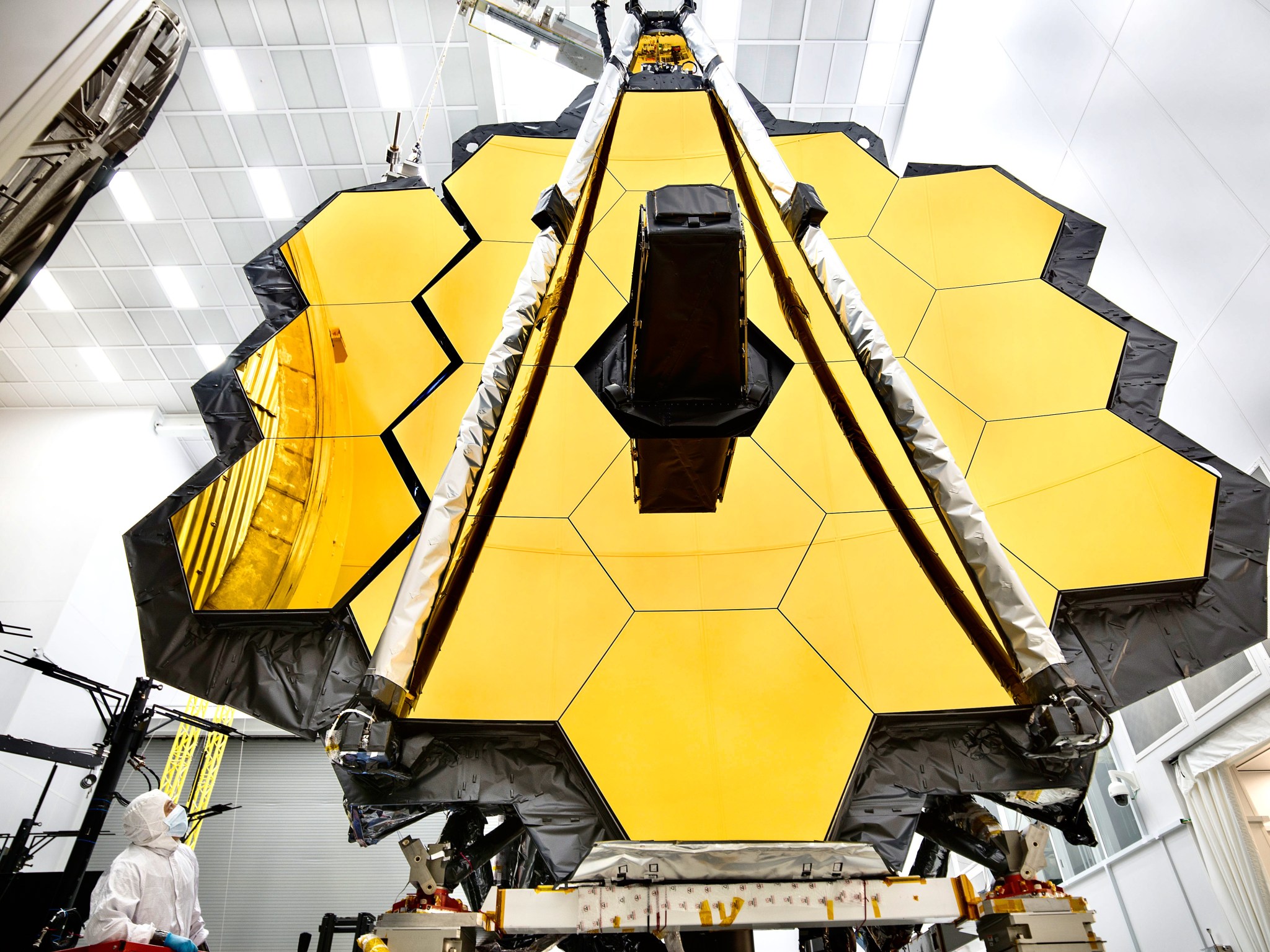Media are invited to NASA’s Johnson Space Center in Houston to view the James Webb Space Telescope and talk to experts about upcoming cryogenic vacuum tests at 10:15 a.m. CDT Wednesday, May 31.
The event will include brief remarks from:
- Ellen Ochoa, Johnson center director and veteran NASA astronaut
- Eric Smith, James Webb Space Telescope Program director at NASA Headquarters in Washington
- Mark Voyton, James Webb Space Telescope Optical Telescope Element and Integrated Science (OTIS) manager from NASA’s Goddard Space Flight Center in Greenbelt, Maryland
- Jonathan Homan, project manager for James Webb Space Telescope Test Team at Johnson
Immediately following the briefing, media will be invited to conduct one-on-one interviews with the participants.
U.S. media who would like to participate in person must call the Johnson newsroom at 281-483-5111 by 5 p.m. Tuesday, May 30.
Webb will be tested as a complete optical system in the simulated space environment of Chamber A at Johnson. During the tests, the telescope will be exposed to the vacuum and extremely cold temperatures it will experience during its mission. Built in 1965 to conduct thermal-vacuum testing on the Apollo Command and Service Modules, Johnson’s Chamber A is the largest of its kind in the world and is a listed National Historic Landmark.
Following these tests, the telescope will be shipped to Northrup Grumman Aerospace Systems in Redondo Beach, California, where it will be integrated with the spacecraft to form the complete Webb observatory, and undergo final testing before being shipped to French Guiana for launch.
Webb is a large infrared telescope with a 21-foot (6.5-meter) primary mirror. It will serve thousands of astronomers worldwide as they use its unique capabilities to study every phase in the history of our universe, ranging from the first luminous glows after the big bang, to the formation of solar systems with planets capable of supporting life, to the evolution of our own solar system. It is a joint project of NASA, ESA (the European Space Agency) and the Canadian Space Agency.
-end-
Felicia Chou
Headquarters, Washington
202-358-0257
felicia.chou@nasa.gov
Jenny Knotts
Johnson Space Center, Houston
281-483-5111
norma.j.knotts@nasa.gov
Laura Betz
Goddard Space Flight Center, Greenbelt, Md.
301-286-9030
laura.e.betz@nasa.gov

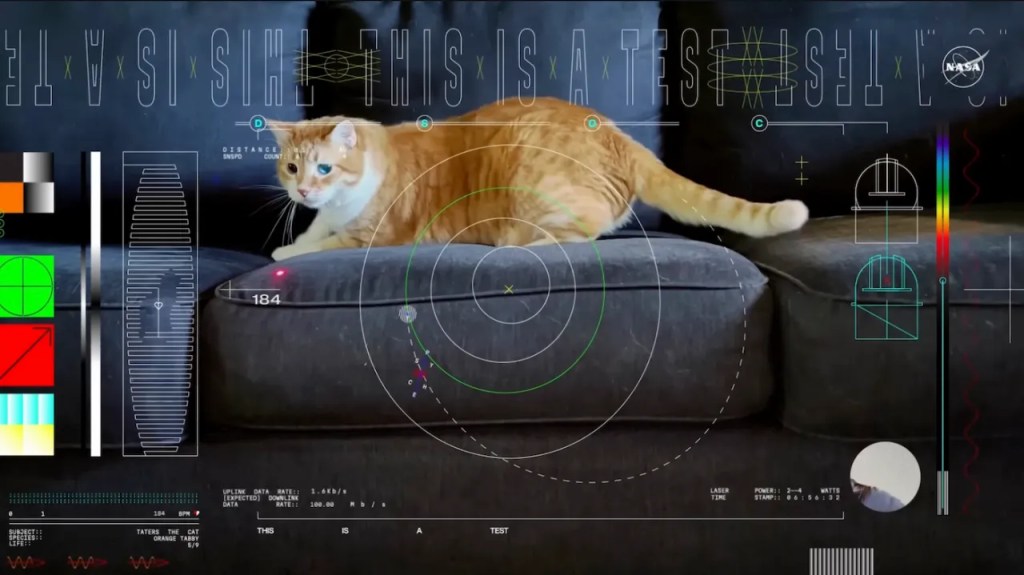
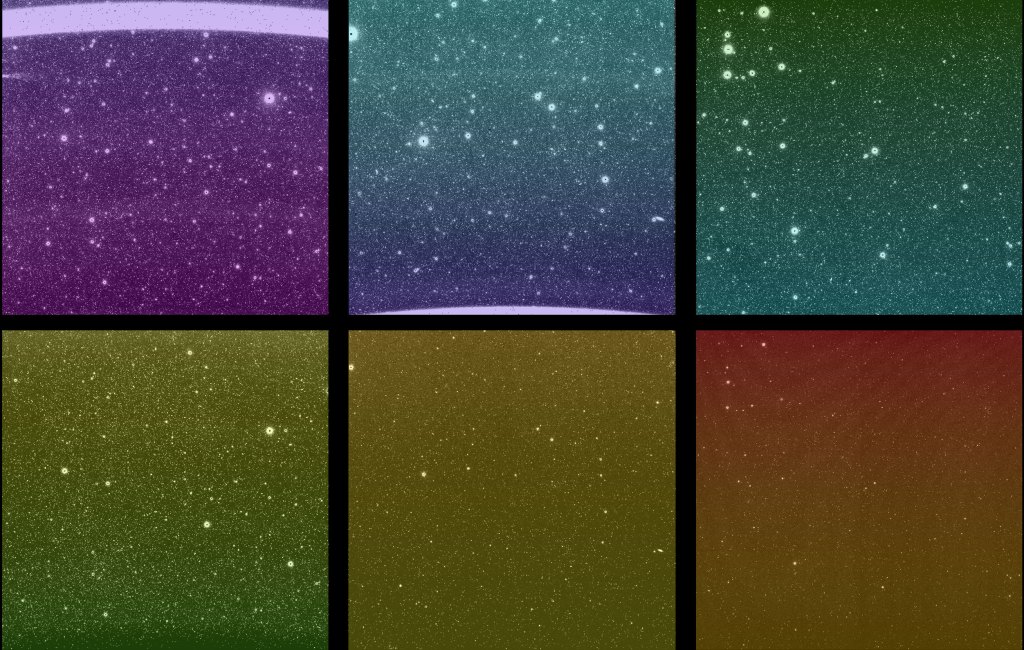
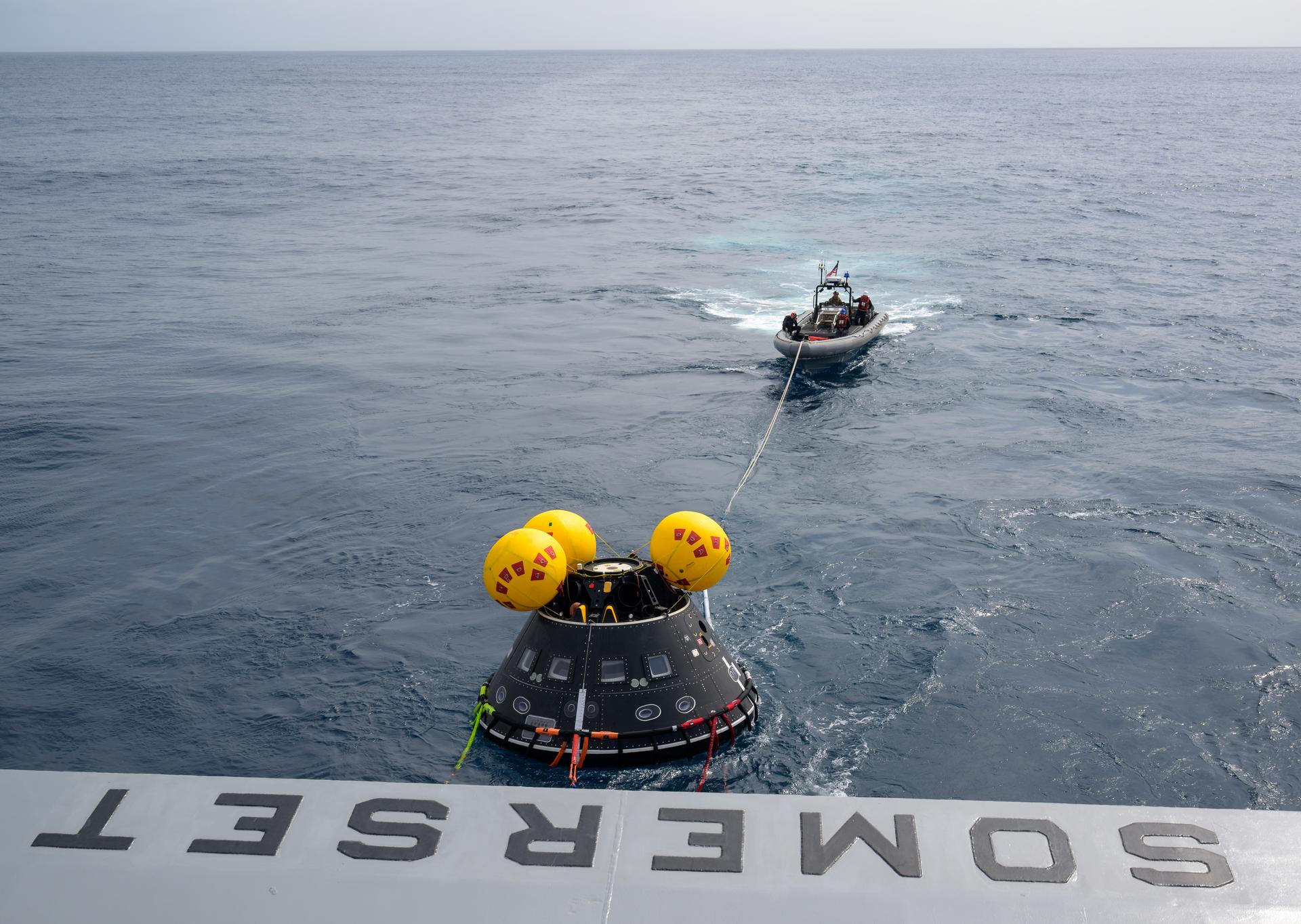
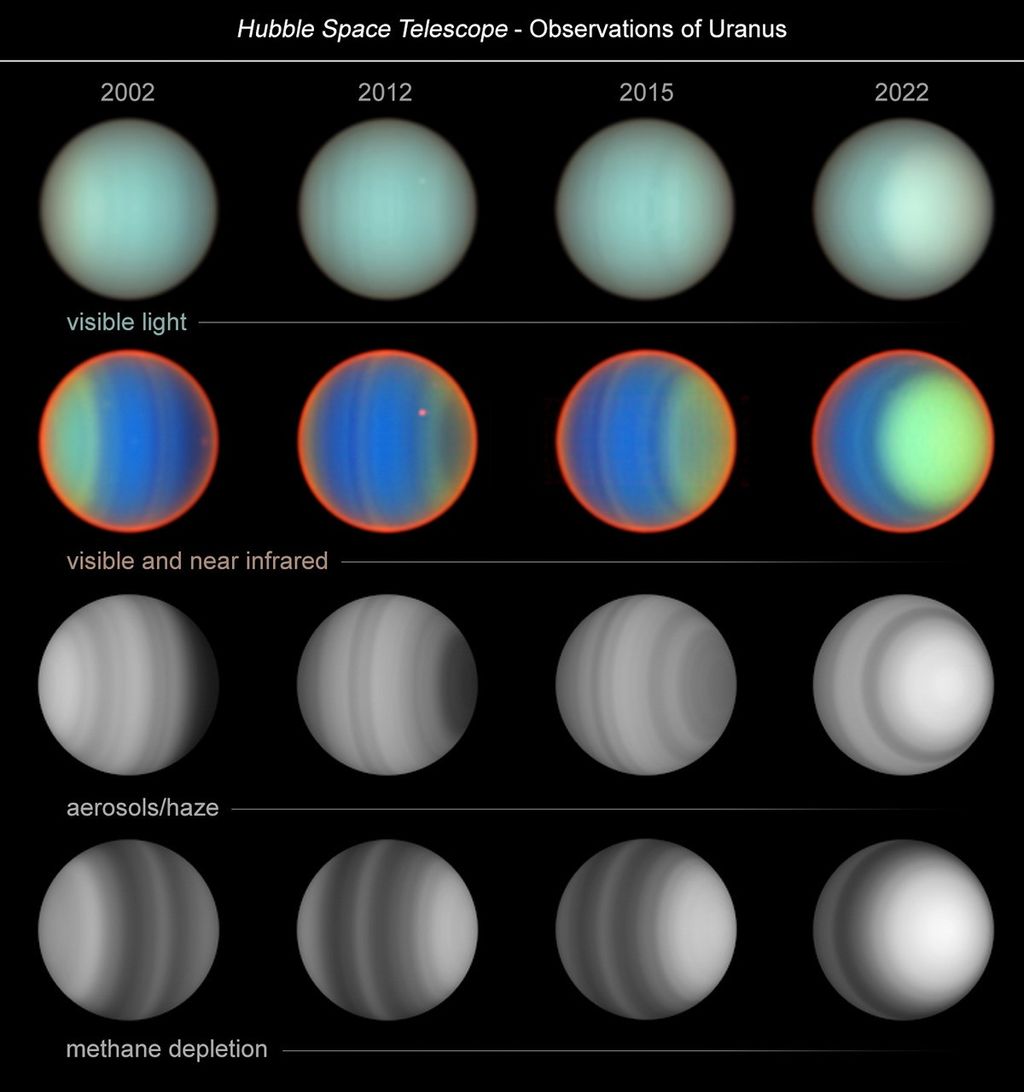
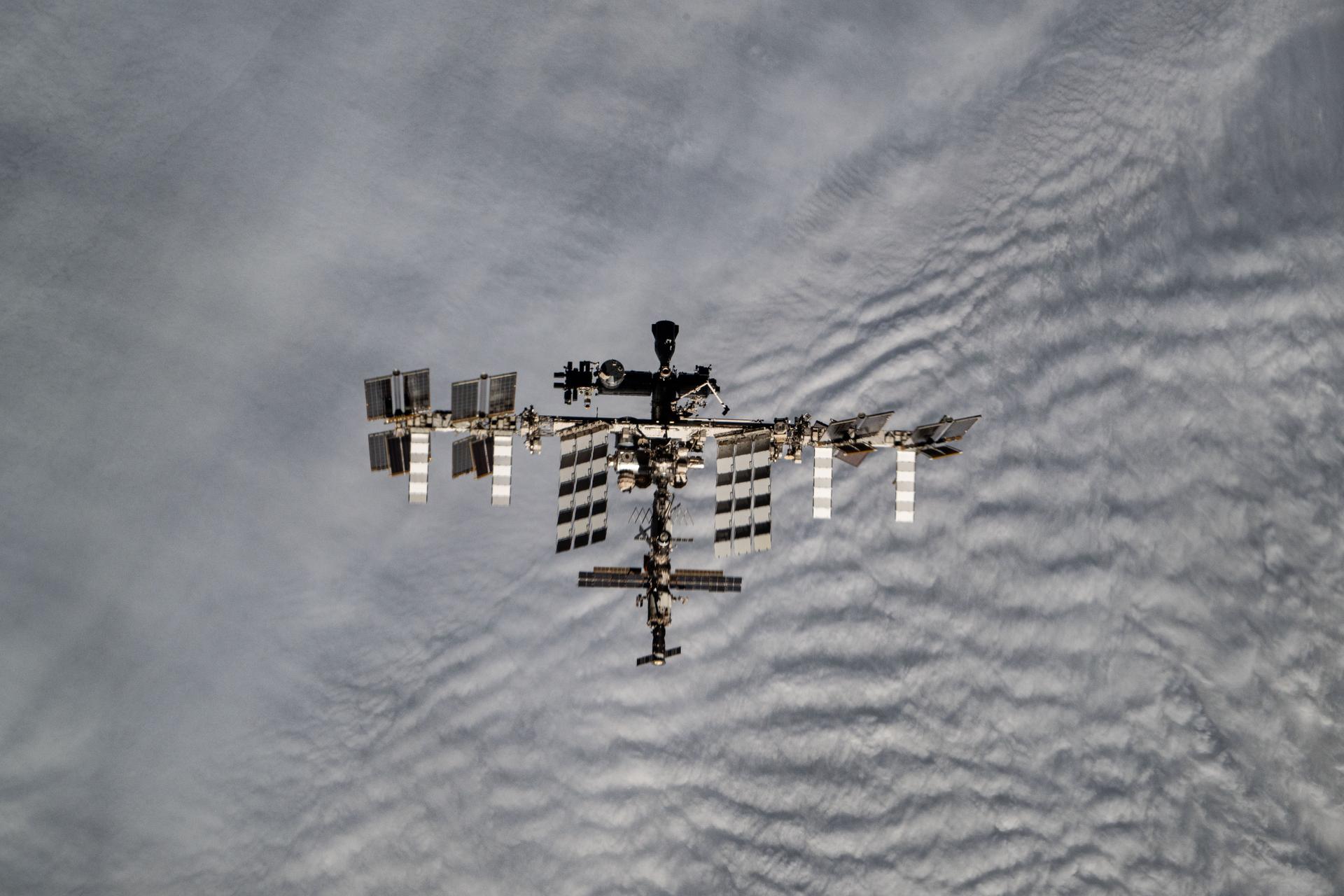

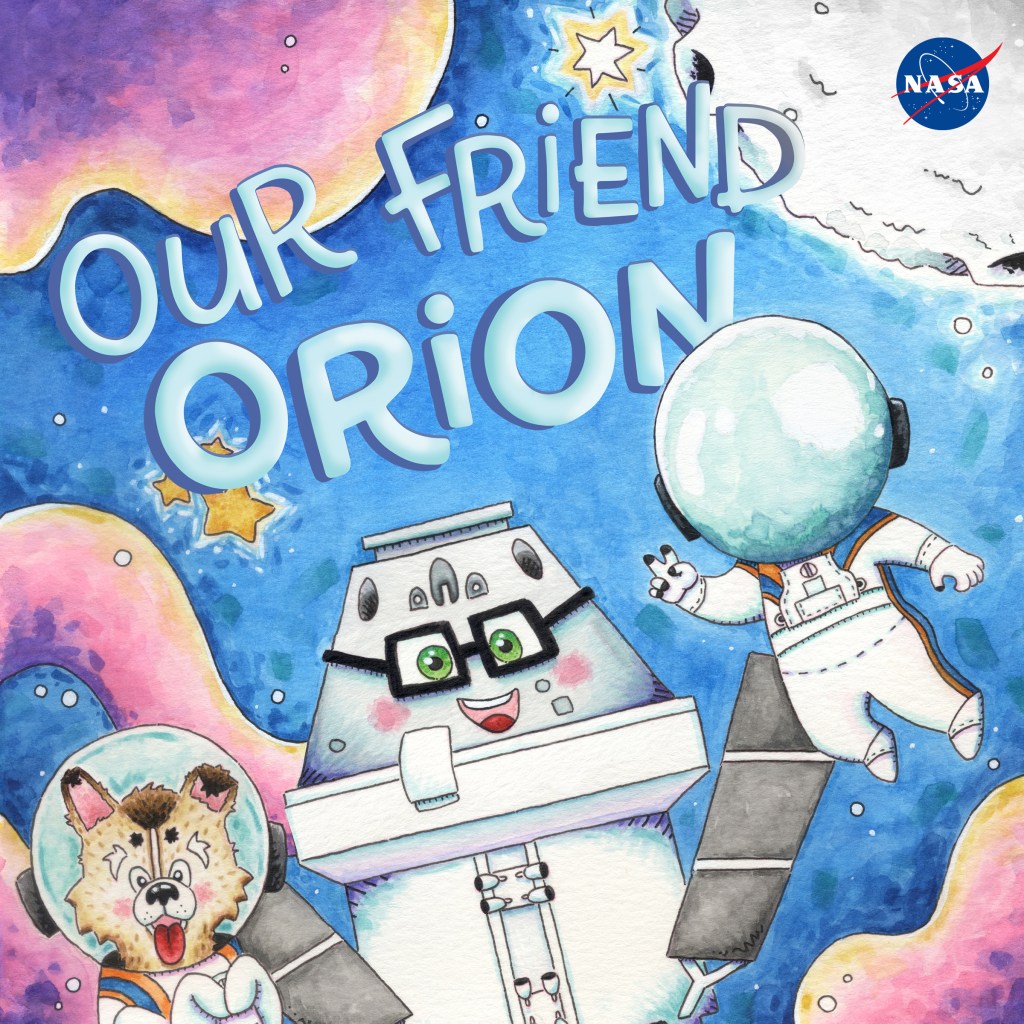

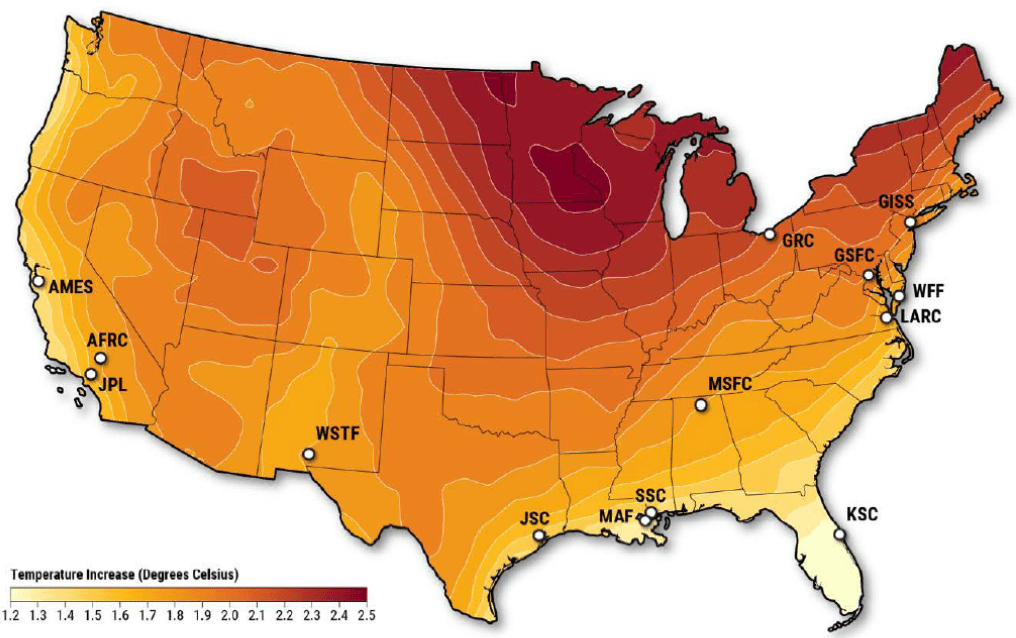
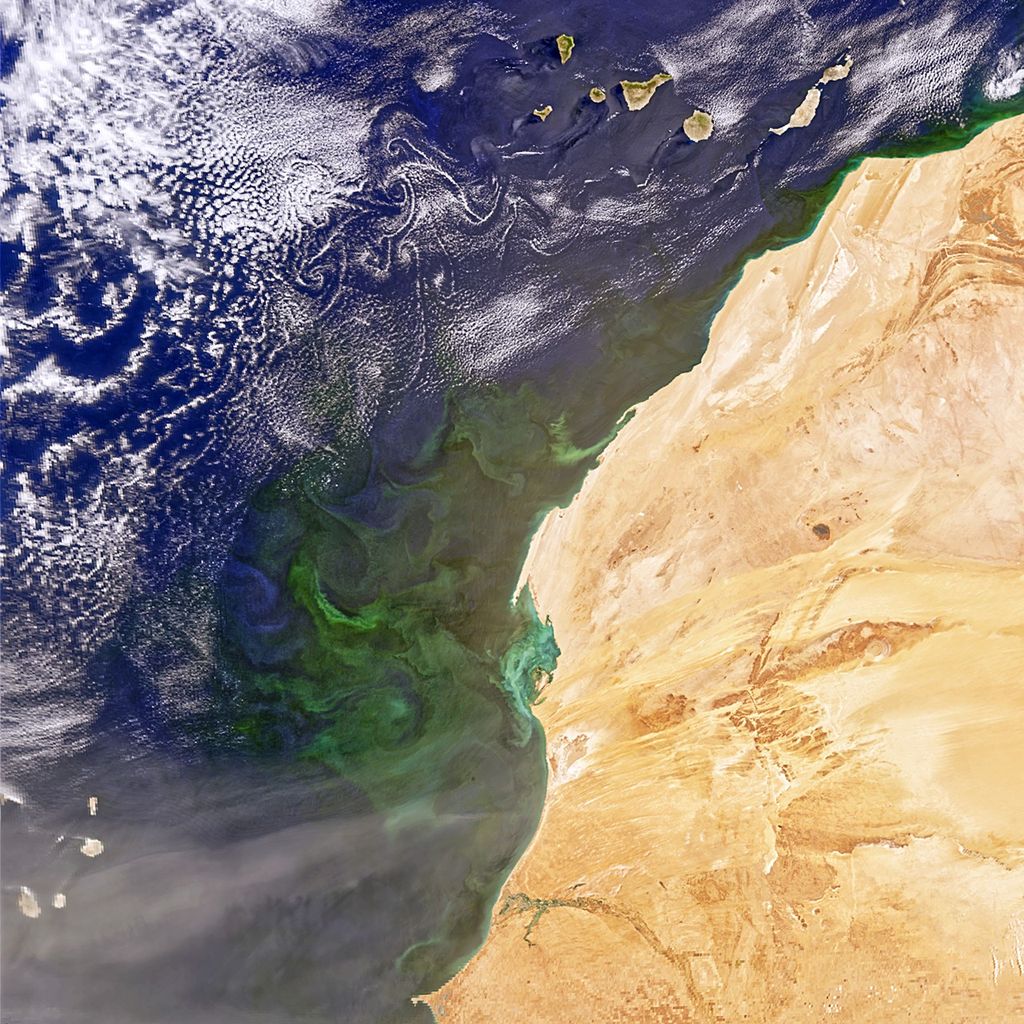
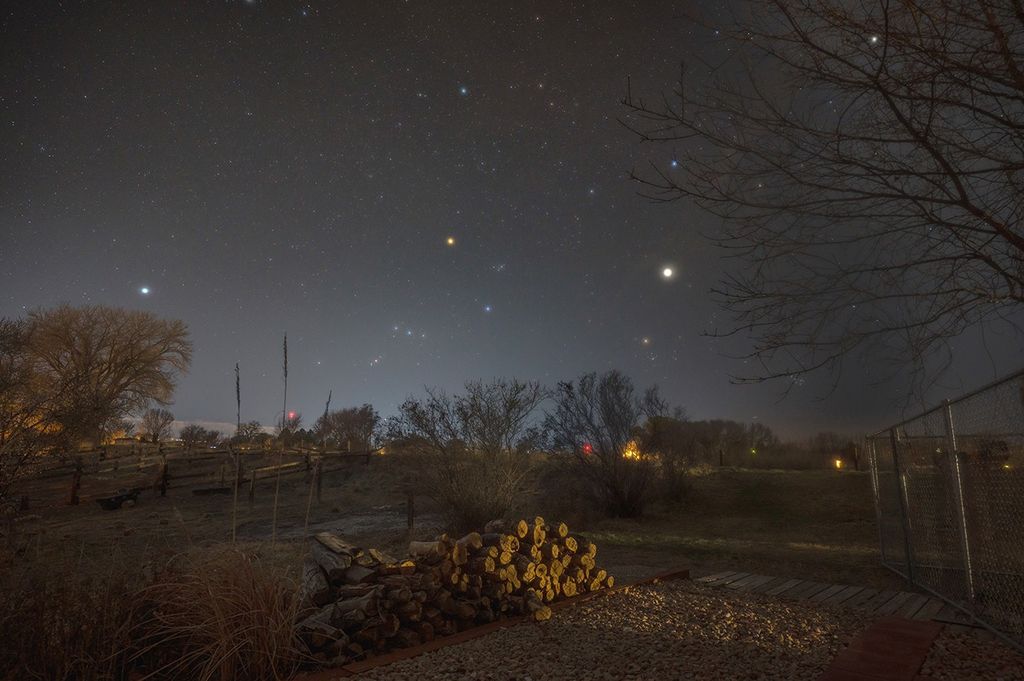

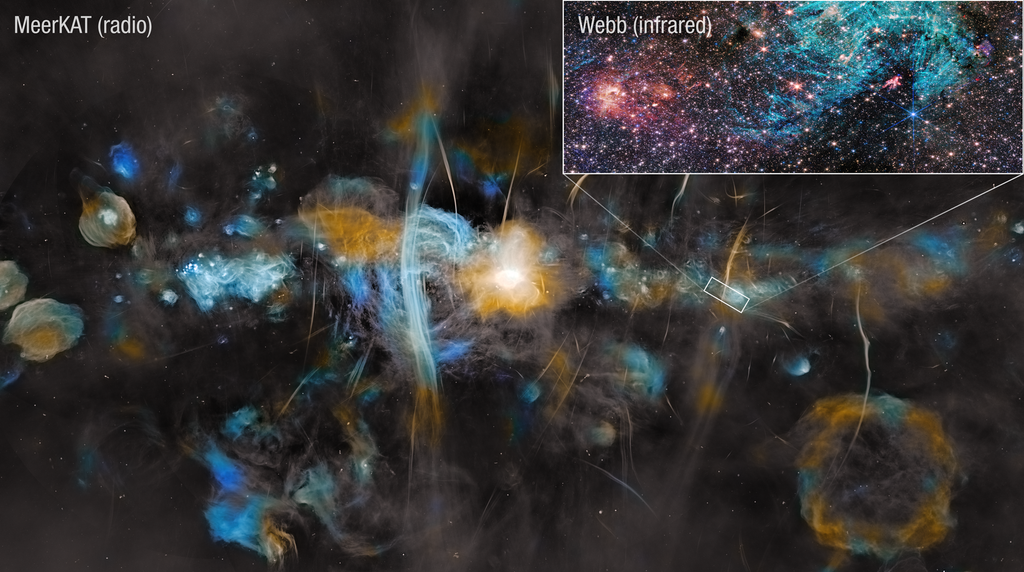

/quantum_physics_bose_einstein_condensate.jpg?w=1024)

